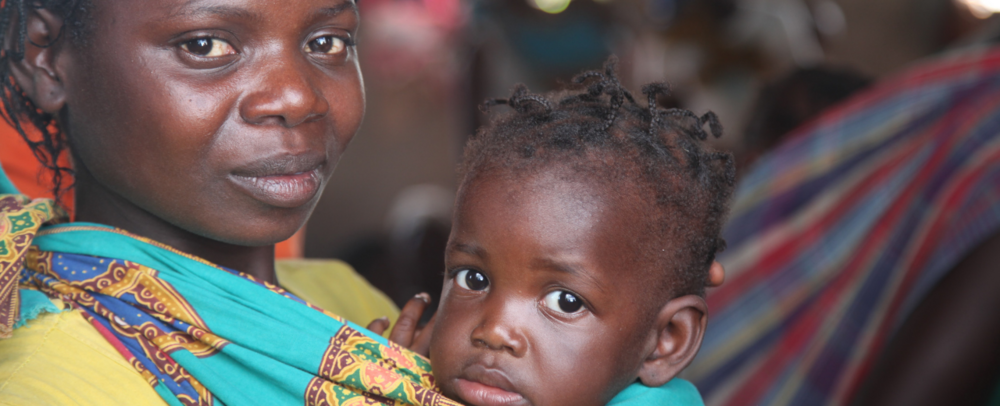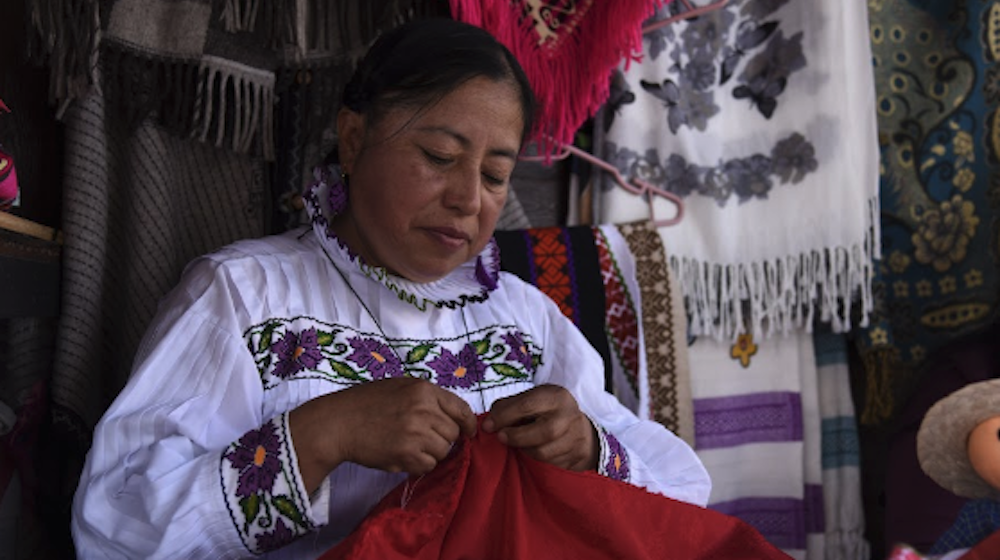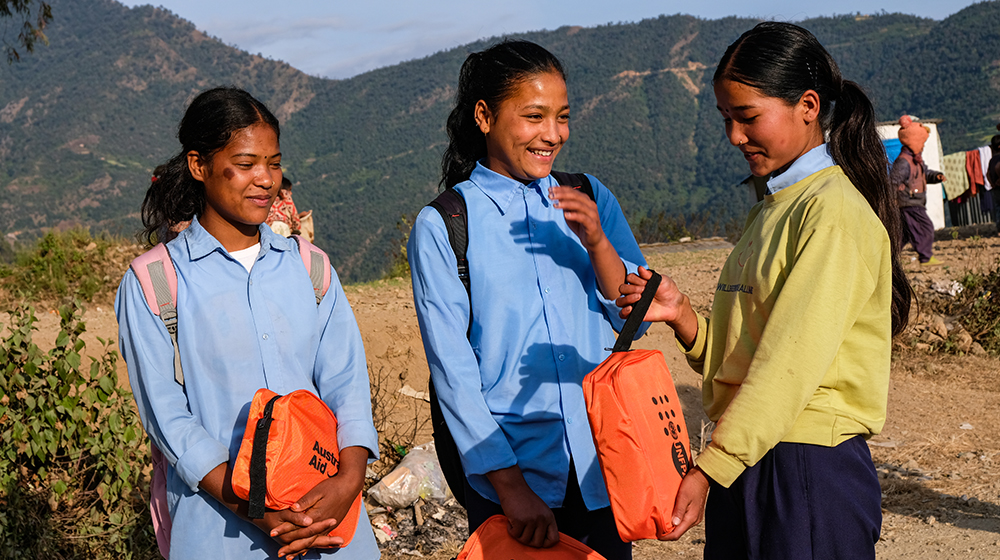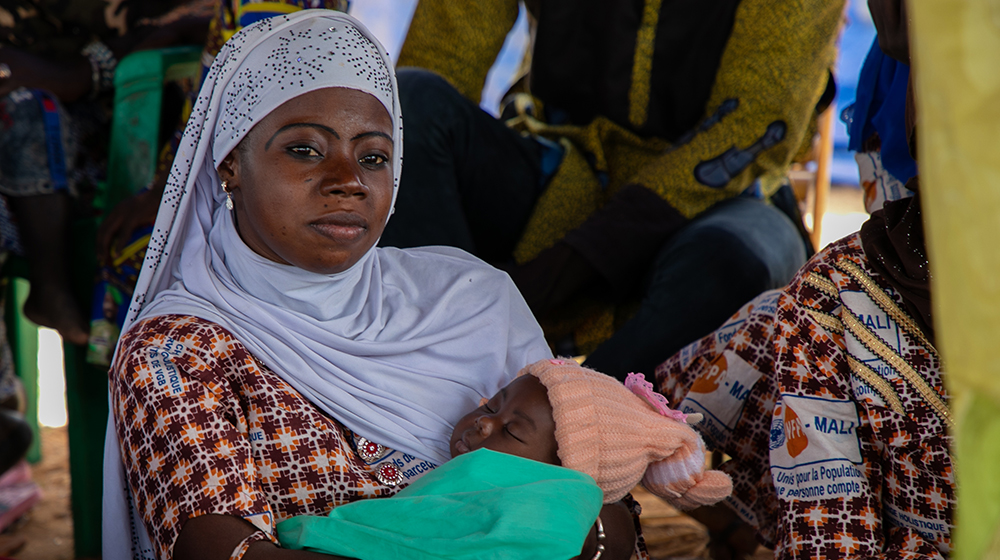
Every year, 70,000 women die from excessive bleeding after childbirth (post-partum haemorrhage or PPH), with the majority of deaths occurring in low- and lower-middle income countries. The majority of PPH deaths could be avoided through preventative approaches, however, this is not always the reality for those living in humanitarian crisis settings, for example conflict regions, natural disasters, public health emergencies.
The United Nations Population Fund (UNFPA) and Ferring Pharmaceuticals share a collective goal in working towards achieving zero preventable maternal deaths. Making motherhood safer is a human rights imperative. This is only possible by ensuring that every woman has access to quality care and treatment during pregnancy and childbirth, no matter where she lives. It is in this context that UNFPA is collaborating with Ferring Pharmaceuticals to contribute to the body of evidence regarding the safe introduction of additional resources such as heat stable carbetocin for the prevention of excessive bleeding after birth (post-partum hemorrhage)in low resource humanitarian contexts such as Uganda and South Sudan. Through this, both organisations aim to contribute to providing access to safe birth in the most vulnerable settings. This collaboration is also part of Ferring’s commitment at the 25th anniversary of the International Conference on Population and Development (ICPD25) held in November 2019.
World Health Organization has found the use of good quality prophylactic uterotonics can prevent the majority of PPH associated complications during the third stage of labour. Heat-stable carbetocin does not require refrigeration to be stored or transported, which can be life-saving in regions with high temperatures or where there may be unpredictable power sources.
In addition to the drugs oxytocin and misoprostol, heat-stable carbetocin is recommended for the prevention of PPH for all births in contexts where its cost is comparable to other effective uterotonics. The World Health Organization (WHO) updated the PPH prevention recommendations to include carbetocin in 2018 and added the heat-stable formulation of carbetocin to the Essential Medicines List of uterotonics in 2019.
South Sudan
Ten years after independence, South Sudan still endures staggering levels of violence across several regions of the country. According to a UNHCR, nearly 1.6 million persons are internally displaced and some 345,000 returnees, who have spontaneously returned to South Sudan, are affected by the violence and search for safe harbors. The maternal mortality ratio for South Sudan in 2017 was 1,150 deaths out of every 100,000 live births. The project areas include six health facilities that cater for the most part to the internally displaced population. Together these facilities report close to 600 births per month.
Uganda
Regional conflicts have driven people from more than eight countries to seek refuge and asylum in Uganda’s North and Northwest Regions. A UNHCR report documented that Uganda was host to over 1.4 million refugees and asylum seekers in January 2021. According to a Knoema statistic, the maternal mortality ratio in Uganda in 2017 was 375 deaths out of every 100,000 live births. For Uganda, six locations are proposed in and around the main refugee camps in the areas of Bidibidi and Mvepi, covering both the refugee and national population. Together, these health facilities report 235 births per month.




